

Sprunki Chall

Spaceflight S

Majestic Drag

Mahjong Frenz

Blocks Breake

Zombie Idle D

Crazy Bus Sta

Flick 'n Boun

Girlfriend Fr

Go Go Panda

Levi's Face P
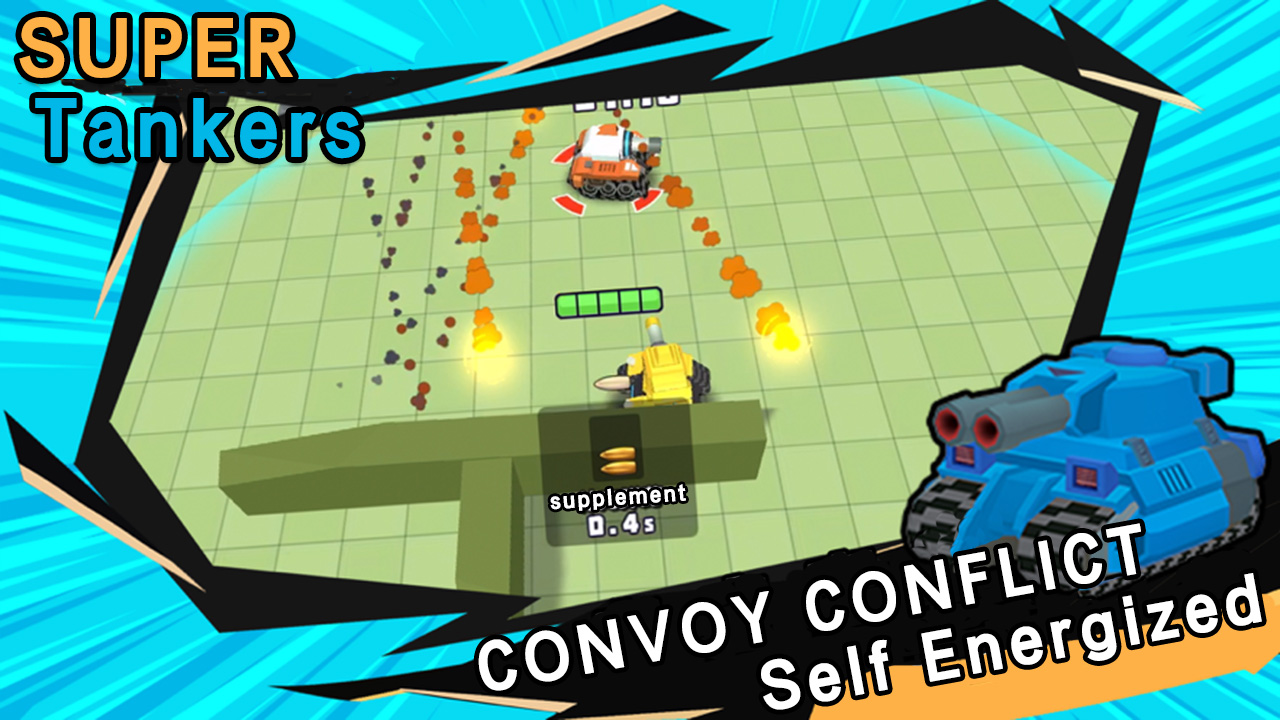
Super Tankers

Zucchini Spag

Elevator Figh

Chicken Egg C
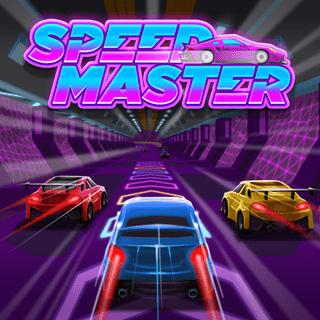
Speed Master

Wonders Of Eg

Cooking In Th

Color Shootin

Music Rush

Merge Fruit

Super Sprunki

Zombie Surviv

Archery Ragdo

Draw Car Race

Steal Items I

Gun Racing

Catch The Cat

Spider Evolut

Stickman Trol

Puppy Merge

Bouncing Chic

Mine Sweeper

Christmas Sno

Kick And Ride

Mine Rope Res

Christmas Sor

8 Ball Billia

Road Climb Ra

Magic Kingdom

123 Game

Parking Line

Words From Wo

Horror Forest

Clean House:
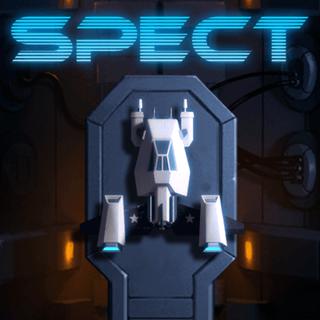
Spect

What Do Anima

Korean Superm

Mosquito Run

City Siege 4.

Cannon Balls

Break Many Br

3 Tiles

Hyper Swiper

Hexa Puzzle

Dakota True M

Vehicle Fun R

Las Vegas Pok

Magic Pops

Slime Farm

Collect Honey

Bubble Letter

Word Mine

Sort Games Ch

Dalgona Memor

Flip Skater R

Tower Crash 3

Basketball Ch

Burger Cafe -

Parking Train

Memory Emoji

Facechart

Christmas Mem

Semi Truck Sn

Wild Race Mas

Drop It

Connect 2 Car

Carnage Battl

Pixel Art

Stack Sorting

Real Racing 3

Jungle Chains

Color Mix - J

Dye It Right:

My Quarantine

My Manga Avat

Parking Maste

My Cute Pet

Royal Couple

Basket Sport

Fast Circles

Among Stacky

Nut Rush 3 -

Emma Lip Surg

Santa Puzzles

Frog Jump

Mahjong Relax

Puzzle Wood B

Squid Sprunki
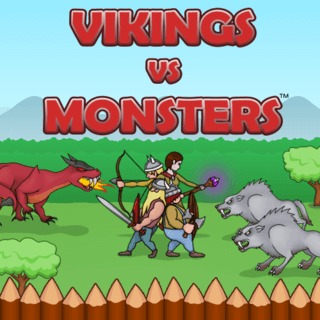
Vikings Vs Mo

Red Stickman:

Jewel Miner Q

Planet Merge

Hamster Maze

Christmas Can

Block Blasty

Clear The Lot

Jump Dunk 3d

100 Hidden Ca

Raid Heroes:

Park It

Super Pixel

Road Race 3d

Hyper Cars Ra

Data Diggers

Save My Pet P

Bumper Ball I

Christmas Fin

Zombie Last S

Wordler

Sports Bike R

Eat Blobs Sim

Stunt Car Imp

Yummy Ice Cre

Dead Faces Cl

Tricky Shots

Dop Puzzle Er

Nubik Courier

Cat Life Simu

Landmine Cube
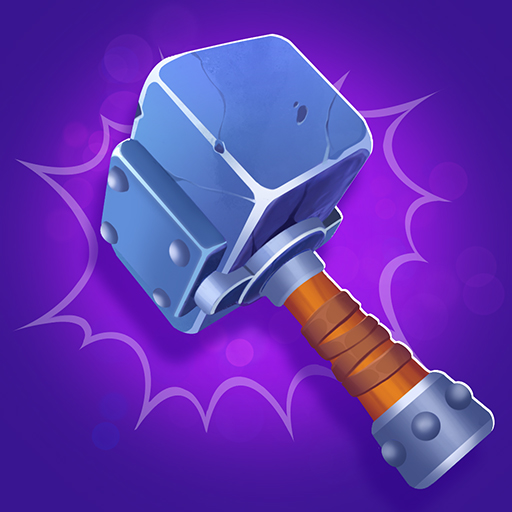
Hammer Master

Idle Factory

Granny Pills

World Tank Wa

Halloween Sca

Vacation Summ

Cosplay Gamer
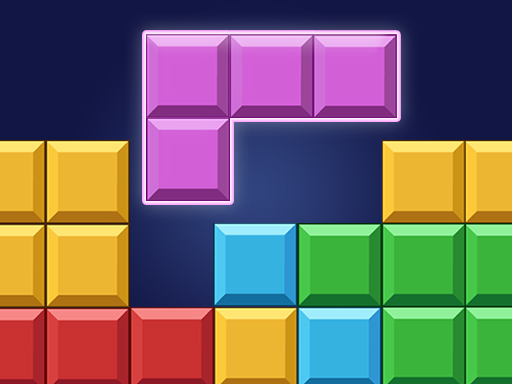
Block Blast

Shoot The Can

Christmas Mem

Couple Rich R

Noob Vs Pro V

Cake Blocks C

Cycle Sprint

Scary Maze

Panda Command

Super Slope G

Princess Ella

Jewel Christm

Princess Gala

Alus Revenge

Doodieman Baz

Hardest Game
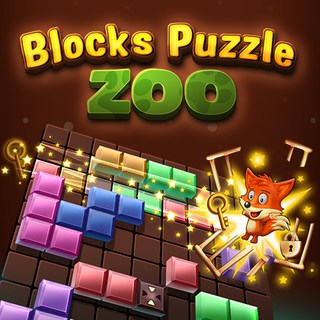
Blocks Puzzle
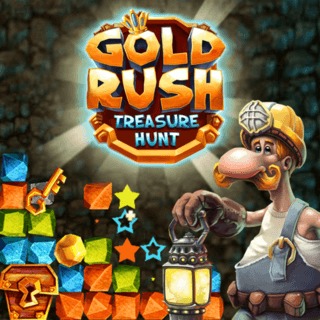
Gold Rush

Dragon Castle

Farm Block

Stickman Choo

Gt Cars City

Butterfly Kyo

Spin Shot Sie

Festival Vibe

Crazy Traffic

Tile Match Co

New Year Ball

Grand Cyber C

Banana Cat Es

Alone Ii
Children’s games are a vibrant and essential part of early development, blending fun with learning to spark creativity, curiosity, and critical thinking. These games, designed with young audiences in mind, offer diverse experiences that cater to various interests and skill levels. From solving puzzles to nurturing virtual pets, each category provides unique opportunities for engagement and growth. This article explores thirteen distinct types of kids’ games, delving into their mechanics, educational benefits, and appeal to young players.
Puzzle games for young problem solvers introduce children to logical thinking through engaging challenges. These games often involve arranging pieces, solving patterns, or navigating simple obstacles, such as jigsaw puzzles or block-fitting tasks. Available in physical forms like puzzle boards or digital apps with colorful interfaces, they are designed to be intuitive for young minds. The difficulty scales with age, ensuring accessibility for toddlers to early school-aged children.
The appeal lies in the satisfaction of finding solutions, which boosts confidence and persistence. Puzzles enhance spatial reasoning and fine motor skills, as kids manipulate pieces or tap screens. Parents value their educational benefits, while children are drawn to vibrant visuals and rewarding feedback, like celebratory animations. These games foster independent thinking, making them a staple in homes and classrooms, where they subtly teach problem-solving through play.
Coloring games for creative expression allow children to explore their artistic side by filling digital or paper-based images with colors. Digital versions often include interactive tools like brushes, stickers, and undo buttons, while traditional coloring books rely on crayons or markers. Themes range from animals to fantasy worlds, encouraging imagination. Some games offer guided patterns, while others provide blank canvases for freeform art.
These games nurture creativity and fine motor skills, as kids learn to stay within lines or experiment with color combinations. The low-pressure environment fosters relaxation and self-expression, appealing to children who enjoy visual arts. Digital coloring games often include sharing features, letting kids showcase their work, which adds a social element. Their accessibility and calming nature make them a favorite for both playtime and quiet moments, sparking joy in young artists.
Dress-up games for imaginative fashionistas let children style virtual characters with outfits, accessories, and hairstyles. Often digital, these games feature customizable avatars and themes like princesses, superheroes, or everyday kids. Players mix and match items to create unique looks, sometimes within story-driven scenarios like preparing for a party. Physical versions include doll dress-up kits with fabric pieces.
The charm lies in the freedom to experiment with aesthetics, fostering creativity and decision-making. These games also encourage narrative play, as kids invent backstories for their characters. They subtly teach concepts like matching colors or patterns, enhancing visual literacy. Social features, like sharing designs online, add engagement. Dress-up games appeal to children who love storytelling and fashion, providing a safe space to explore identity and style through playful experimentation.
Cooking games for aspiring chefs simulate culinary tasks, letting kids prepare virtual dishes through step-by-step activities. Players might chop ingredients, mix recipes, or decorate cakes, often in time-based challenges or relaxed creative modes. Digital versions feature vibrant kitchens, while physical playsets include toy utensils and pretend food. Themes range from baking to running a virtual restaurant.
These games teach sequencing and following instructions, as kids learn the order of cooking steps. They also introduce basic math, like measuring ingredients, and spark interest in nutrition. The interactive nature, with animations of sizzling pans or completed dishes, keeps children engaged. Cooking games appeal to kids who enjoy hands-on activities, offering a mess-free way to explore culinary creativity while building confidence in practical skills.
Animal care games for compassionate caretakers simulate nurturing virtual pets, such as dogs, cats, or farm animals. Players feed, groom, and play with their animals, often managing resources like food or coins to keep them happy. Digital games include vibrant animations, while physical sets might involve plush toys or stable playsets. Some incorporate mini-games, like training pets for tricks.
These games foster empathy and responsibility, as kids learn to prioritize their pet’s needs. They also introduce time management, as tasks must be completed regularly. The emotional bond formed with virtual animals provides a sense of accomplishment and joy. Animal care games appeal to children who love animals, offering a safe way to explore caregiving while subtly teaching life skills like planning and compassion.
Educational games for curious learners blend fun with academic content, targeting skills like math, reading, or science. Formats include interactive apps, board games, or classroom activities, with challenges like solving equations or exploring ecosystems. Designed to align with curricula, they use engaging narratives or rewards to motivate learning. Themes might involve space exploration or historical adventures.
The strength of these games lies in gamifying education, making complex concepts approachable. They enhance retention through repetition and context, while adaptive difficulty ensures appropriate challenges. Parents appreciate their alignment with school goals, while kids enjoy the adventure-like feel. Educational games foster a love for learning, helping children build foundational skills in a low-pressure, engaging environment that feels more like play than study.
Matching games for pattern recognition task children with pairing similar items, such as colors, shapes, or characters. Formats include card games, digital apps, or board-based activities, where players flip tiles or tap screens to find matches. Themes often feature animals, fruits, or cartoon characters, with increasing complexity for older kids, like matching by category.
These games sharpen observation and memory, as kids learn to spot similarities and recall positions. They also boost concentration and quick thinking, especially in timed versions. The simplicity makes them accessible to very young children, while vibrant designs keep them engaged. Matching games are a timeless choice for developing cognitive skills, appealing to kids who enjoy straightforward yet rewarding challenges that feel like treasure hunts.
Hidden object games for keen observers challenge kids to find specific items within cluttered, colorful scenes. Often digital, these games present detailed images—like a messy room or jungle—where players tap or click to locate objects from a list. Physical versions might use picture books or activity sheets. Themes vary, from pirate adventures to fairy-tale settings.
The appeal lies in the thrill of discovery, honing attention to detail and visual discrimination. These games also improve vocabulary, as kids learn names of objects, and patience, as some items are cleverly disguised. The self-paced nature suits young players, while narrative elements, like solving a mystery, add depth. Hidden object games captivate children who love exploration, offering a satisfying blend of focus and fun.
Memory games for cognitive development test a child’s ability to recall sequences, patterns, or item locations. Classic formats include card-matching games where players flip pairs to find matches, while digital versions might involve remembering sound sequences or light patterns. Themes are kid-friendly, featuring animals or shapes, with progressive difficulty for skill growth.
These games strengthen short-term memory and concentration, critical for academic success. They also encourage strategic thinking, as kids learn to track previous moves. The repetitive yet engaging nature ensures lasting appeal, with rewards like cheerful sounds reinforcing progress. Memory games are ideal for young learners, providing a fun way to boost cognitive abilities while fostering resilience through trial and error.
Maze games for spatial navigators challenge kids to guide characters or objects through labyrinthine paths to reach a goal. Available as printable sheets, board games, or digital apps, they feature simple designs for beginners or complex networks for older children. Themes might include escaping a castle or rescuing a lost animal, adding narrative flair.
These games enhance spatial reasoning and planning, as players anticipate routes and avoid dead ends. They also teach perseverance, as trial and error is often required. The clear objective—reaching the exit—provides instant gratification, while varied designs keep challenges fresh. Maze games appeal to children who enjoy puzzles and exploration, offering a satisfying blend of strategy and adventure in a compact format.
Counting games for numerical confidence introduce young children to numbers through interactive tasks, like counting objects or matching numerals to quantities. Formats include digital apps with animated counters, board games with dice, or hands-on activities with manipulatives like blocks. Themes often involve everyday scenarios, such as counting apples or stars.
These games build foundational math skills, teaching number recognition and basic arithmetic. They also enhance fine motor skills through physical interaction, like moving tokens. The playful approach reduces math anxiety, making numbers approachable and fun. Counting games are essential for preschoolers, providing a strong start in numeracy while engaging kids with colorful visuals and rewarding feedback.
Alphabet games for early readers focus on letter recognition, sounds, and basic word formation. Formats include digital apps with letter-tracing activities, card games matching letters to pictures, or songs that teach the alphabet. Themes might feature animals or objects starting with specific letters, reinforcing connections between letters and sounds.
These games lay the groundwork for literacy, helping kids associate letters with phonetic sounds and build vocabulary. They also improve hand-eye coordination through tracing or tapping. The interactive and repetitive nature ensures retention, while fun characters make learning engaging. Alphabet games are perfect for preschoolers and kindergartners, fostering reading readiness in a joyful, low-pressure way that sparks a love for language.
Shape sorting games for geometric thinkers task children with fitting objects into corresponding slots based on shape, color, or size. Physical versions include sorting boards or toys like shape sorters, while digital apps feature drag-and-drop mechanics. Designed for toddlers and preschoolers, they use simple shapes like circles and squares, progressing to more complex forms.
These games develop spatial awareness and categorization skills, as kids learn to match shapes and recognize patterns. They also enhance fine motor skills through manipulation. The tactile and visual feedback—such as a shape clicking into place—provides instant rewards, keeping young players engaged. Shape sorting games are a foundational tool for early learning, appealing to kids who enjoy hands-on challenges and clear objectives.
Children’s games, from puzzles to shape sorters, offer a rich blend of entertainment and education, tailored to young minds. Each category fosters specific skills—cognitive, creative, or social—while ensuring accessibility and fun. These games not only entertain but also lay the groundwork for lifelong learning, encouraging curiosity and confidence. As technology and design evolve, kids’ games continue to captivate, providing endless opportunities for growth and joy in the world of play.